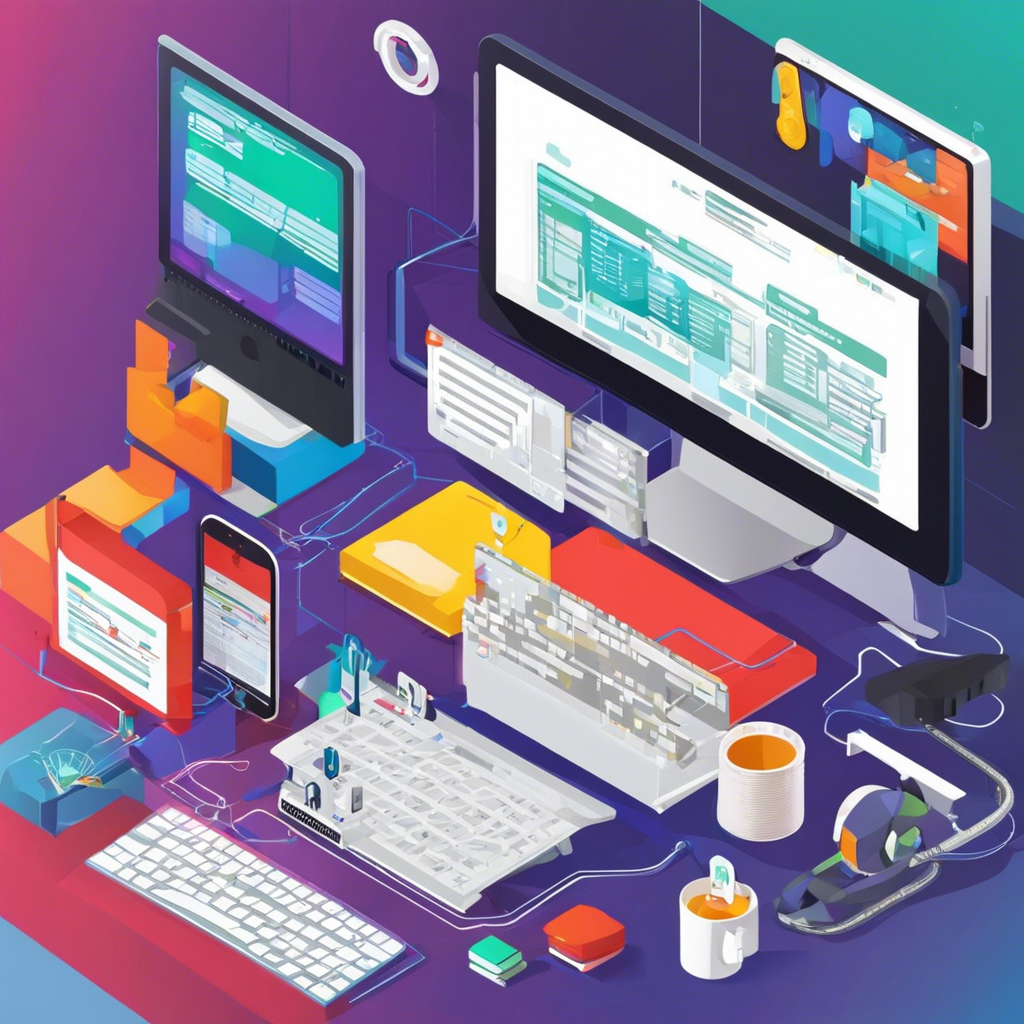Are you considering a career as a web developer? The digital landscape is constantly evolving, and the demand for skilled developers is on the rise. Whether you’re a newcomer to the field or looking to enhance your existing skills, there’s a wide range of competencies that are essential for success in web development. This exciting journey awaits those who wish to master the art of bringing digital dreams to life.
1. **Programming Languages**: Proficiency in programming languages forms the foundation of web development. Start by mastering HTML (Hypertext Markup Language) and CSS (Cascading Style Sheets) for structuring and styling web pages. JavaScript is also indispensable, enabling interactivity and dynamic functionality on websites. Familiarize yourself with backend languages like Python, Ruby, or PHP to handle server-side tasks, and consider learning TypeScript for more extensive projects.
2. **Version Control Systems (VCS)**: VCS tools, such as Git, are essential for collaborative development. Git allows you to track changes, manage different versions of code, and seamlessly collaborate with other developers. Understanding Git’s command-line interface and popular hosting platforms like GitHub or GitLab will facilitate efficient teamwork and version control.
3. **Responsive Web Design**: With a plethora of devices accessing the web, ensuring your websites are responsive is crucial. Learn the principles of responsive design, including media queries, flexible grids, and adaptable images. Proficiency in CSS frameworks like Bootstrap can streamline the process of creating responsive layouts, ensuring your websites look and function beautifully across desktops, tablets, and smartphones.
4. **Web Development Frameworks**: Frameworks simplify and accelerate the development process by providing pre-built components and structures. Familiarize yourself with frontend frameworks like React, Angular, or Vue.js for building dynamic user interfaces. Explore backend frameworks such as Django (Python), Ruby on Rails, or Laravel (PHP) to streamline server-side development.
5. **Web Security**: Security is paramount in web development. Learn about common web vulnerabilities, such as SQL injection, cross-site scripting (XSS), and cross-site request forgery (CSRF). Implement best practices for secure coding, data encryption, and user authentication to protect both your website and its users.
6. **Testing and Debugging**: Develop skills in testing and debugging to ensure the quality and reliability of your code. Write automated tests using tools like Jest or Selenium to catch errors early in the development process. Master debugging techniques to identify and resolve issues efficiently.
7. **Performance Optimization**: Optimize your websites for speed and efficiency. Learn techniques to minimize file sizes, reduce HTTP requests, and leverage browser caching. Understanding website performance metrics and using tools like Google Lighthouse can help you deliver fast and efficient user experiences.
8. **Problem-Solving and Critical Thinking**: Web development often involves tackling complex challenges. Cultivate strong problem-solving skills, critical thinking, and a logical approach to breaking down problems into manageable tasks. Continuous learning and adaptability are key to staying ahead in this rapidly evolving field.
Embarking on the journey of web development is an exciting and rewarding endeavor. By mastering these essential skills, you’ll be well-equipped to create engaging, responsive, and secure web applications. Remember to stay curious, keep learning, and immerse yourself in the vibrant web development community. Happy coding!

